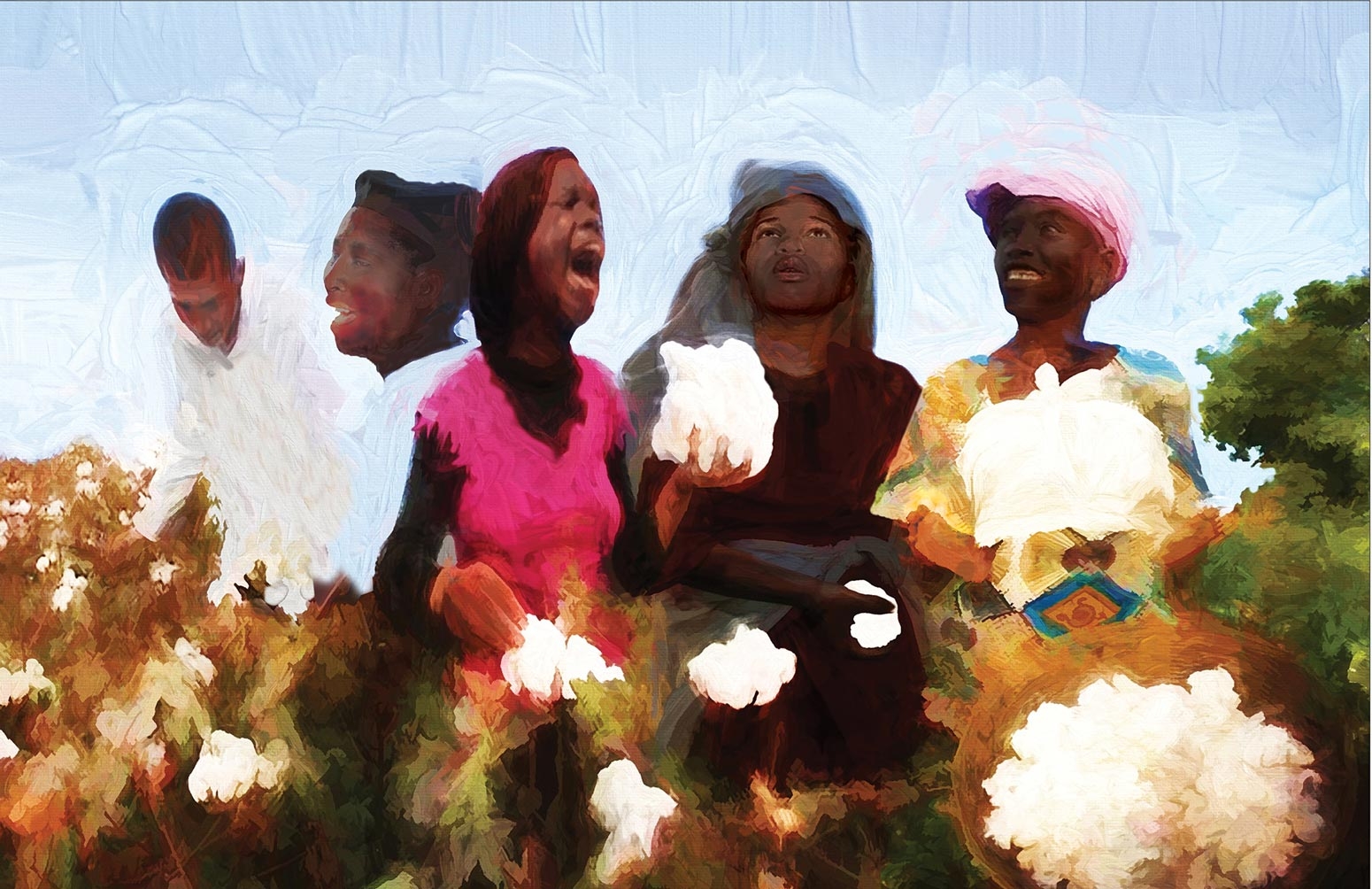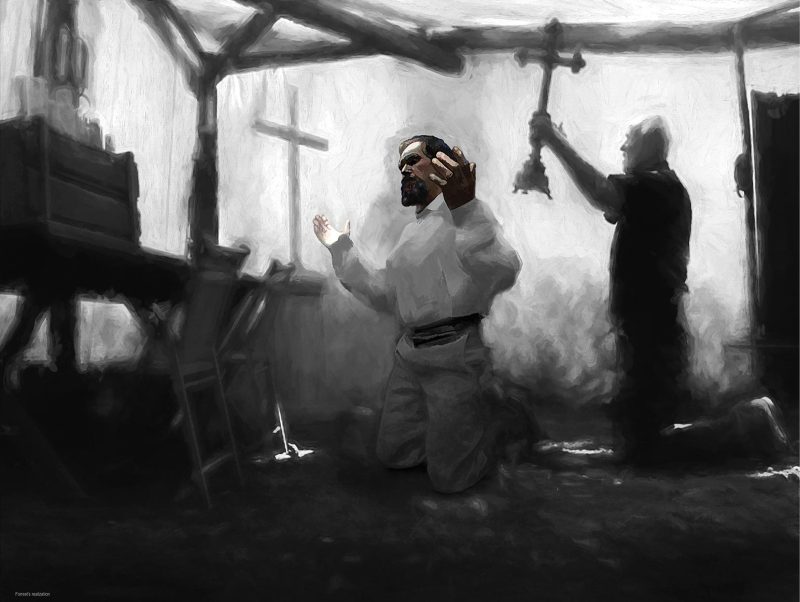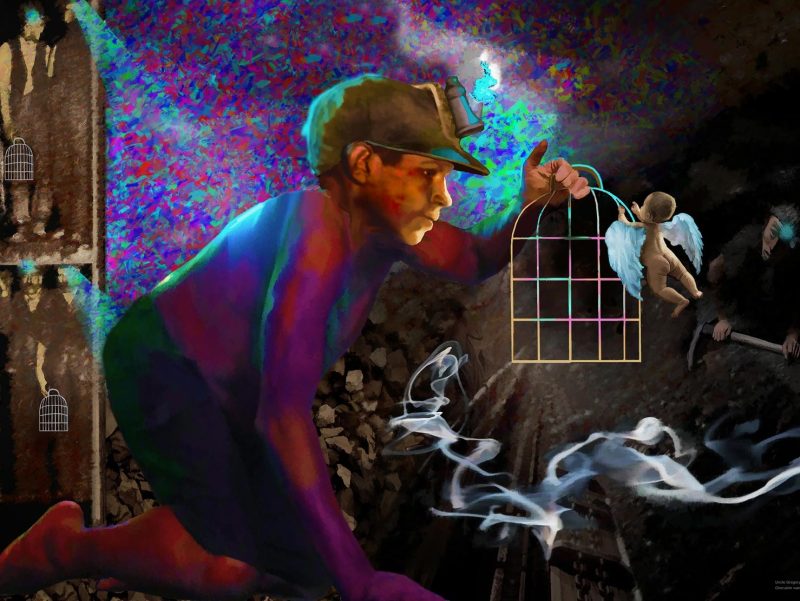Slave Doo Woo Sisters
$150.00
During the time of slavery, messages were often conveyed secretly through the lyrics of certain songs. For example, if a slave sang “Steal Away to Jesus,” it signaled to other slaves that there would be a secret meeting in the woods that night. Other songs were used to warn of approaching danger, while some indicated that it was safe to move forward.
Communication played a vital role in the survival of slaves, and they utilized several ways to speak to each other and pass on information. It was crucial to avoid the master’s or his men’s detection while sending or receiving information. Sometimes, a slave would go to the town to fetch the master’s mail and eavesdrop on white people’s conversations at the post office to get the latest news. But this was a risky activity, and the constant fear of being caught by the overseer and punished was always present.
The house slaves would remain alert and attentive to usable information as they worked in the big house. If it was heard that the slave owner was having money troubles, that was grave news, for it could mean that slaves might be sold to pay the debt. Many slaves ran away after discovering the master meant to sell them off. If a house slave could read, they could occasionally peek at a newspaper within their master’s house, but this was risky.
This artwork is from Uncle T and the Uppity Spy, page 20. It is a lithograph print, unframed but signed by the artist, with image size 16″ x 20″
Please click on the image to view it in full screen.
Sometimes slaves send messages secretly, in the words of a particular song. If a slave were to sing “Steal Away to Jesus,” for instance, other slaves would hear it and know there was going to be a secret meeting in the woods that night.
Certain songs warned of approaching danger; other songs meant it was safe to move forward. Many whites enjoyed hearing slaves sing, and they would not be suspicious of a black woman like Harriet Tubman singing the day or night away. Tubman also used slave songs to relay other messages.
For example, sometimes she had to leave a group she was leading north to get food or other needed items. She would tell them to hide and wait for her signal. If she came back and sang one song two times, they would know it was safe to come out of hiding. But if there was danger—slavecatchers in the area, for example—she would sing another song.
This would mean that the group had to stay in hiding until Tubman sang the “all clear” song. However, if you didn’t know the signal, you might think that Tubman was singing just to pass the time of day. https://www.biography.com/activist/harriet-tubman
| Weight | 1 kg |
|---|---|
| painting-type | Canvas, Paper |
Related products
-
Isaiah 2:4
$150.00 -
Coal Miners War
$150.00




